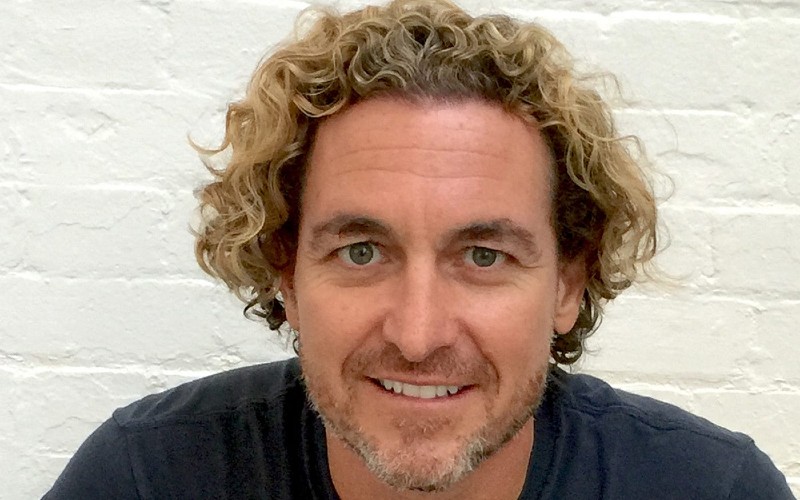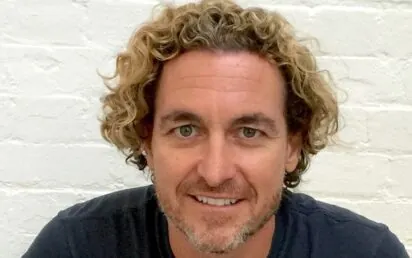The founder of BenevolentAI has taken back the reins after CEO Dr Joerg Moeller stepped down with immediate effect.
Kenneth Mulvany, who led a boardroom coup earlier this year and subsequently helped to narrow losses at the MedTech, has been named executive chairman.
Jean Raby and Dr John Orloff are stepping down from the board, effective immediately, with Peter Allen transitioning to the role of deputy chairman.
“The leaner board composition is tailored for agility and cost-effectiveness, whilst still retaining the industry leading experience and expertise needed to capitalise on the growing tailwinds supporting the adoption of AI for drug discovery and development,” stated BenevolentAI.
A former darling of the UK AI scene, the London-headquartered firm saw its shares slump by more than 90% before the coup led by Mulvany, who ousted chair Dr François Nader and three non-executive directors in April.
Its market cap has since recovered from around £80 million to £110m.
Mulvany is known for his role as the founder and CEO of Proximagen Group plc, a London-listed BioTech company specialising in the development of medicines to treat neurodegenerative diseases. Under his leadership, Proximagen undertook a dozen successful corporate transactions including public and private M&A, financings, and licensing deals.
In 2012, Proximagen was sold to Upsher-Smith Laboratories for $553m in one of the largest all-cash BioTech exits at that time.
He founded BenevolentAI in 2013 when the sector was in its infancy and grew the company into a market-leading position, having served as chairman until July 2021. He returned to the board in May.
The firm has additionally appointed Michael Brennan as chief strategy and financial officer, bringing a wealth of expertise from senior roles across the biotechnology, technology and investment banking sectors.
“When we founded BenevolentAI, our vision was to harness the power of AI to tackle healthcare’s most pressing challenges,” said Mulvany.
“We have since developed one of the world’s most advanced and validated AI drug discovery and development platforms, achieved the first FDA approval for an AI-identified drug, secured partnerships with global pharmaceutical leaders, and built a robust pipeline of potential first-in-class medicines for unmet medical needs.
“However, we have only scratched the surface of our platform’s incredible potential. To fully unlock its value, we need leadership that can navigate the intricate interplay of AI technologies and their role in shaping the future of drug discovery and development.
“BenevolentAI has helped create this future as a founding member of this sector and a trusted partner among leading pharmaceutical companies. We hold a unique position, fortified by significant and long-term investment in AI, aiming to drive healthcare innovation and enhance AI adoption across the industry. I look forward to leading the Company in this goal.
“I want to give my warmest and heartfelt thanks to Joerg for his commitment and stewardship of BenevolentAI and wish him all the best in his future endeavours.”
Leading the coup in April, Mulvany outlined “serious concerns about the company’s cost management, business development resourcing, strategy, investor relations and governance”. Baroness Joanna Shields OBE – a former government minister who had built the company up from a startup over five years as CEO – had resigned the previous September amid other executive changes.
CEO Dr Moeller plus non-executive directors Raby, Prof Sir Nigel Shadbolt and Dr Orloff continued in their respective positions, while Allen, Jeremy Sohn, Ian Nicholson and Mulvany himself joined the board.
In May 2023 the MedTech announced plans to lay off 180 staff, with planned cost savings of £45m intended to extend its cash runway to at least July 2025, while in April 2024 the company revealed plans to slash more jobs and close its US office.
Mulvany, who founded the company in 2013, left the board in 2022 when it listed on the Euronext exchange in Amsterdam via a SPAC merger which valued it at more than £1 billion.


